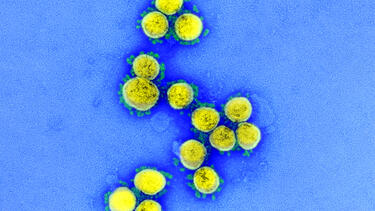COVID19
Going the Last Mile (with Evidence)
A study by Yale’s Mushfiq Mobarak and his colleagues found that nurses on motorbikes with vaccine-stocked coolers could help increase vaccination rates in rural Sierra Leone, showing that it is possible to get health interventions to the most remote and under-resourced areas cost-effectively, in ways that help ensure that the interventions are taken up and used.
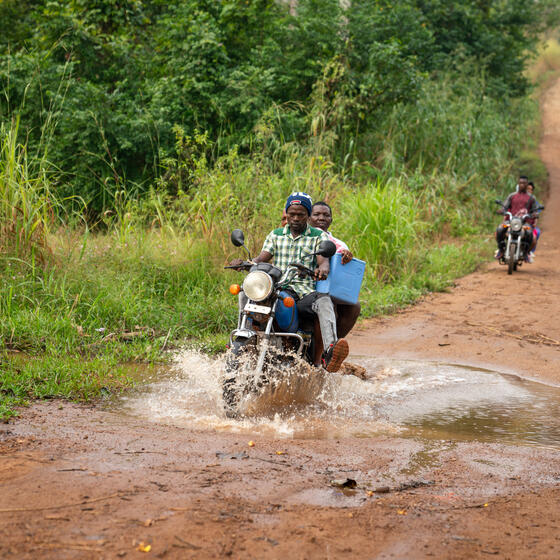
Advice for a Better 2021—According to the Research
We asked faculty with expertise in psychology, entrepreneurship, healthcare, economics, and more for their best ideas to bring the lessons of the last year to the next.

For Holiday Cheer, Switch Off Zoom and Pick Up the Phone
After an extraordinarily difficult year, we are all looking for respite from the isolation and uncertainty of pandemic life. We asked Marissa King, who studies personal and team dynamics, to share some quick tips for making this year’s holiday season a little brighter.

Maintaining Momentum on Climate Change
Tyler Van Leeuwen ’14 of Shell explains explains how his internal skunkworks team helps move Shell toward its decarbonization goals.
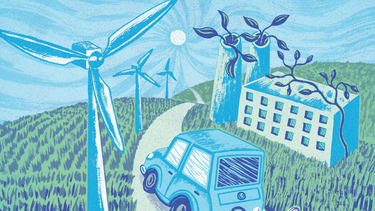
Study Shows Which Restrictions Prevent COVID-19 Fatalities—and Which Appear to Make Things Worse
New research from Yale SOM’s Heather Tookes and Matthew Spiegel finds that mask mandates, closing restaurants, and stay-at-home orders are all effective at saving lives, but other commonly used measures can actually worsen the spread of the pandemic.

Pharma Collaborates in the Fight against the Pandemic
Nandish Poluru ’13 discusses the pharmaceutical industry’s unprecedented cooperative efforts to treat and prevent COVID-19.
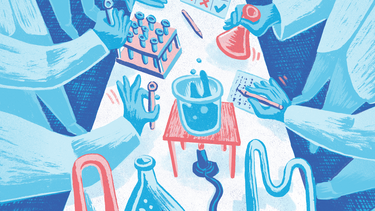
A Life-Changing Vaccine, If We Do It Right
Pfizer’s announcement that its experimental COVID-19 vaccine appears to be more than 90% effective has provided hope for relief from the increasingly calamitous onslaught of the virus. We asked Yale SOM’s Dr. Howard Forman about next steps.
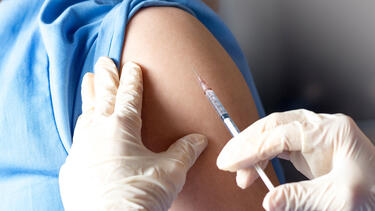
Building Blocks for Change
We talked to Judith Scimone ’00, chief talent officer at MetLife, about her path into workforce management and what she has learned in a year shaped by the COVID-19 pandemic and the Black Lives Matter movement.

Delivering Holistic Healthcare in an Underserved Community
Dr. Suzanne Lagarde ’14 describes how her federally qualified nonprofit health center is both adapting and expanding to meet new needs in an underserved community.
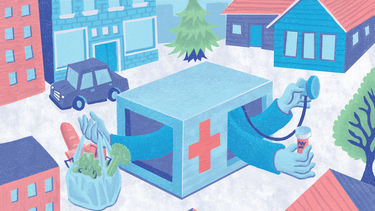
What Can Smartphone Location Data Tell Us about the Pandemic?
Yale SOM’s Kevin Williams and his co-authors used cellphone location data to create a data set tracking movement during COVID-19, which is publicly available for researchers.

Testing Sewage Can Provide an Early Warning of COVID-19 Outbreaks
Earlier this year, a team of Yale researchers showed that the concentration of COVID-19 RNA in sewage mirrors the spread of the disease through a population. In a new study, they find that testing sewage can serve as an early indicator of an outbreak relative to hospitalizations.
